Killamarsh murders: Probation 'overwhelmed' before quadruple murder
- Published
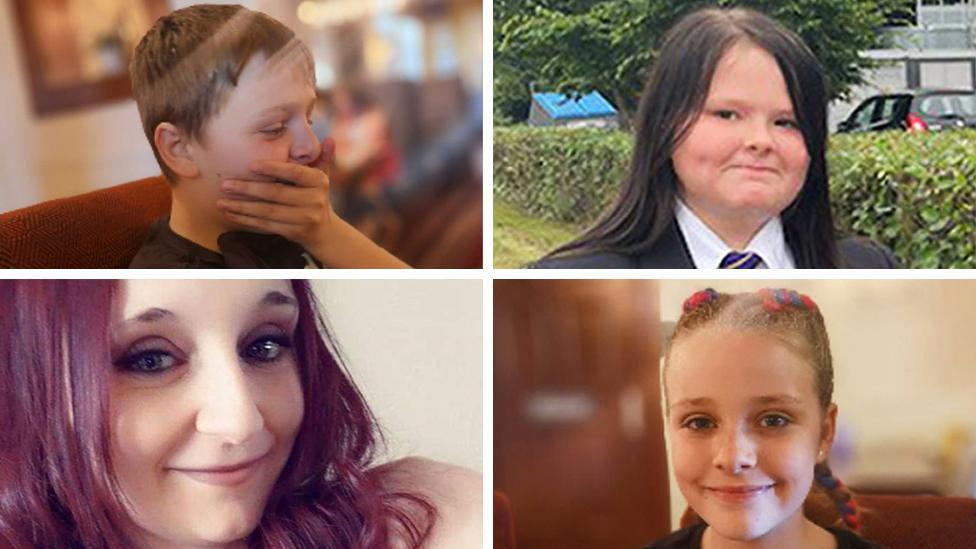
Terri Harris (bottom left) and her children John Bennett (top left) and Lacey Bennett (bottom right) were found dead along with Lacey's friend Connie Gent (top right)
Officers who were managing an offender who then murdered three children and his pregnant girlfriend told an inquest their workload was "overwhelming".
Damien Bendall, 33, killed his four victims with a claw hammer at their home in Killamarsh, Derbyshire, in 2021.
He pleaded guilty to murdering Terri Harris, 35, her son John Bennett, 13, daughter Lacey Bennett, 11, and Lacey's friend Connie Gent, 11.
He also admitted raping Lacey Bennett.
Inquests into the deaths will investigate how Bendall, who had a history of serious and violent offences dating back to 2004, was classed as posing a low risk of serious harm to partners and children.
Chesterfield Coroner's Court heard Derbyshire Police was called to Chandos Crescent on 19 September 2021 by Dorset Police who had been contacted by a relative of Bendall.
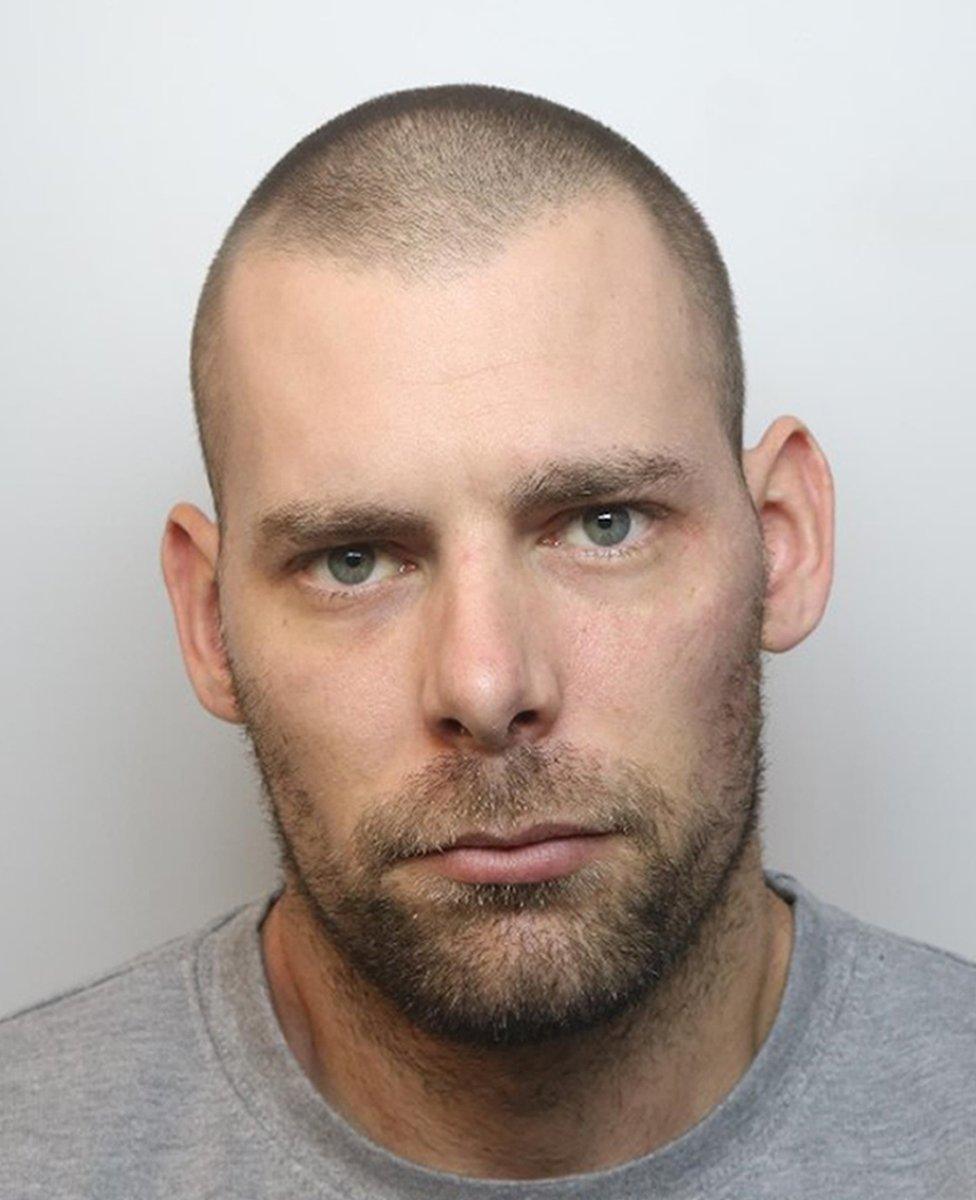
Damien Bendall admitted four murders and the rape of 11-year-old Lacey
The relative indicated to Dorset Police that he had a self-inflicted stab wound.
Officers were dispatched to the property, where Bendall, who was then 31, said: "I need the police and an ambulance because I just killed four people."
Two probation officers who worked at Swindon Probation Service - which was dealing with Bendall as he lived in the area before moving in with Ms Harris - told the inquests their workload left them stressed.
Chief inspector of probation Justin Russell previously said its handling of Bendall was of an "unacceptable standard" at every stage and "critical opportunities" to correct errors were missed.
Probation officer Matt Read, who worked in Swindon between May 2016 and April 2017, said he moved to the branch to help out because they had staffing and recruitment issues.
He told the inquest how an ex-partner of Bendall had made allegations of domestic abuse against him, but this could not be recorded in the offender assessment system, known as OASys, because it is a document that is seen by the offender and thus could put the woman at risk.
There was, Mr Read said, a "closed" area where the information could be recorded without being seen by the offender.
But it meant the potential risk of domestic violence was not passed on to probation officers who took on Bendall's case in future.
Rebecca Thomas, who worked on Bendall's case from June 2018 to July 2019, said she was not aware that an ex-partner had made allegations of domestic abuse.
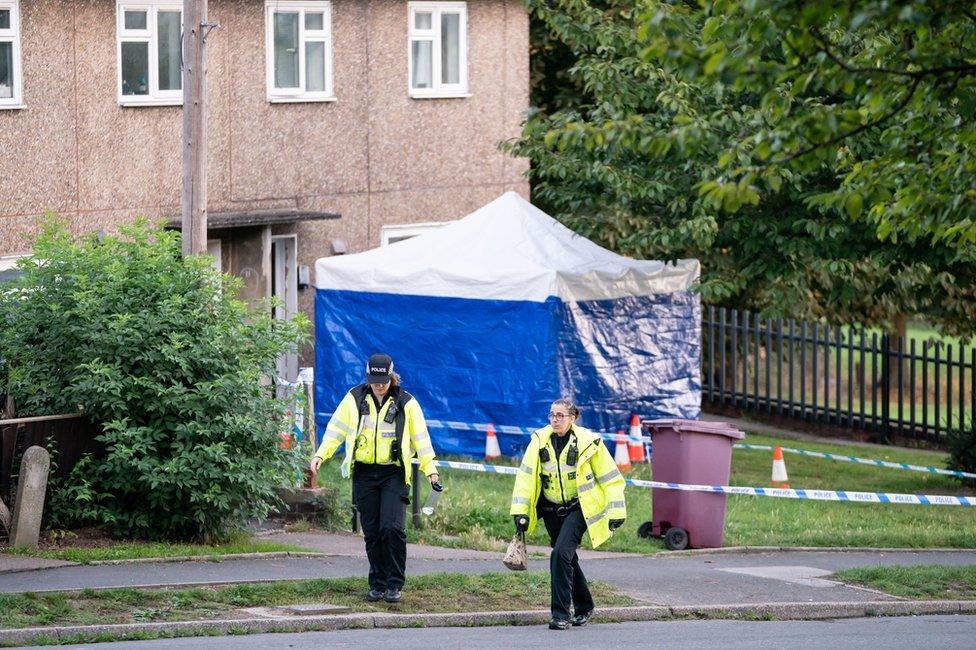
Police found Terri Harris and the three children dead at the house in Chandos Crescent
She got up to date with the case, after taking it on due to sickness, by checking previous reports, but said she "couldn't recall" if she had checked the "closed" area.
She said if she had seen the information, she would not have recorded that Bendall posed no risk of domestic violence.
"When you are just trying to keep up, being able to remember to do everything is very difficult," she said.
"It felt overwhelming at times in Swindon. It affected my stress levels."
Ms Thomas said at one point, she was working at 170% capacity.
When asked if her assessment of Bendall would have changed if she had known about the domestic violence report, she said: "I have thought about this a lot.
"It would have added more robustness to my assessment but because it was information from a previous partner, it would have been challenging to discuss it with Bendall unless the ex-partner was OK with it, because of the risks to her.
"I probably would have still said he was a medium risk to partners but it may have prompted me to do some digging with other agencies to see if I could get more information."
The inquest, expected to last two weeks, continues.

Follow BBC East Midlands on Facebook, external, on X, external, or on Instagram, external. Send your story ideas to eastmidsnews@bbc.co.uk, external.
Related topics
- Published28 July 2023
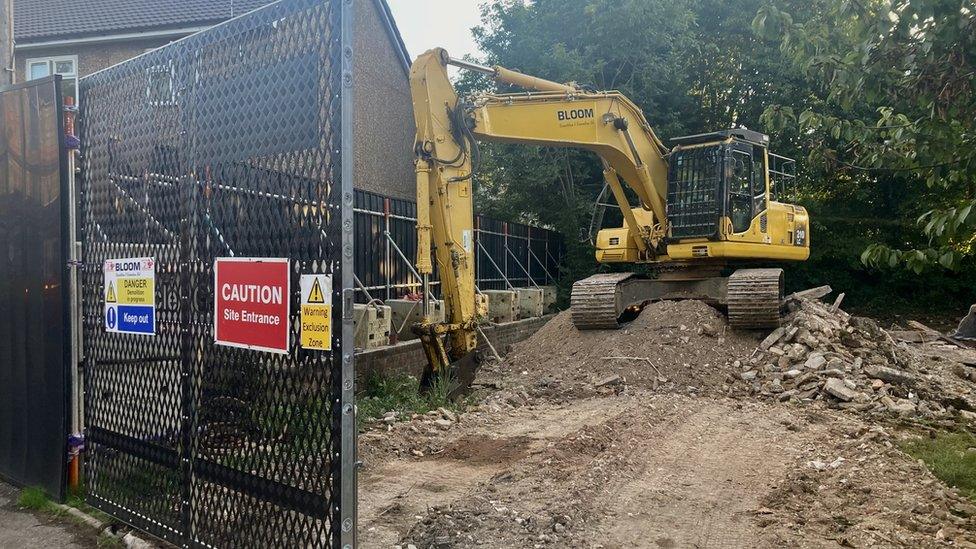
- Published21 December 2022
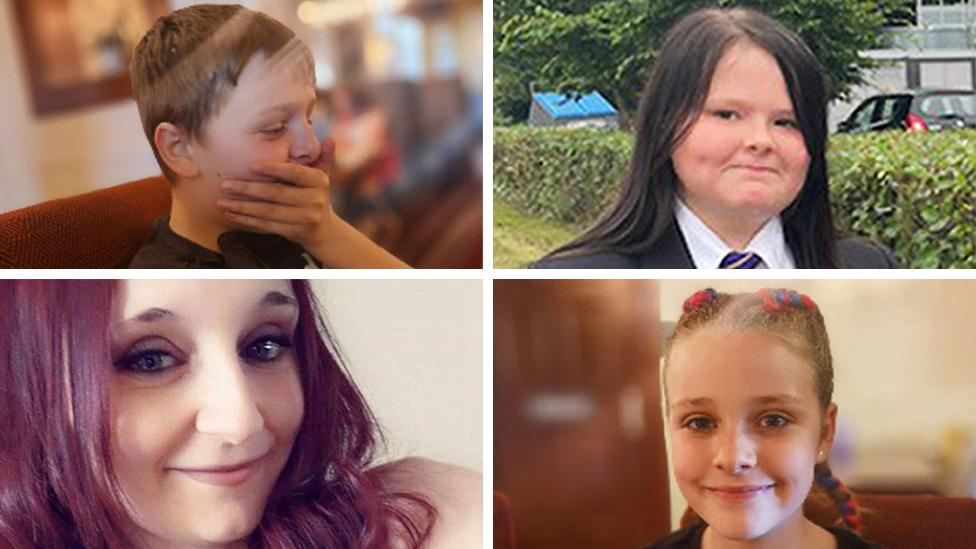
- Published27 September 2021
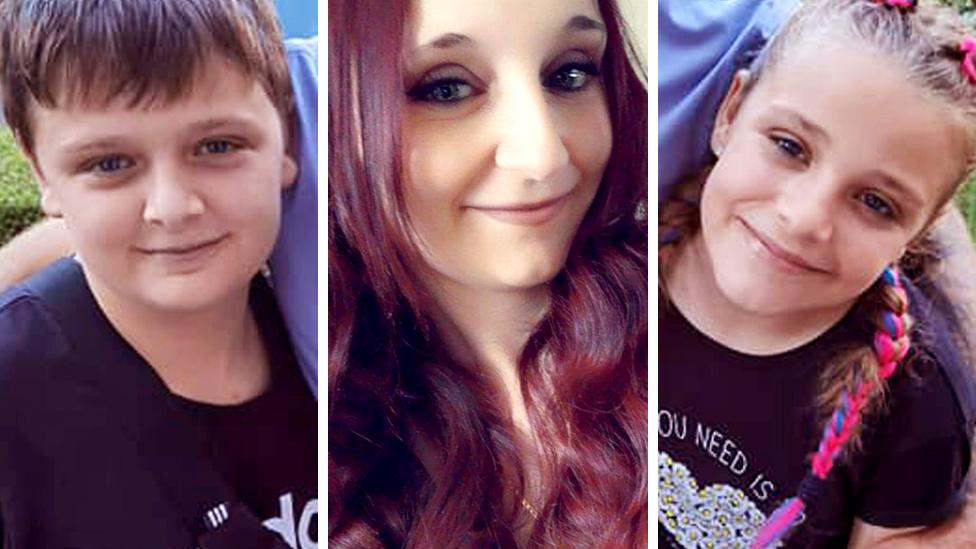
- Published23 September 2021
